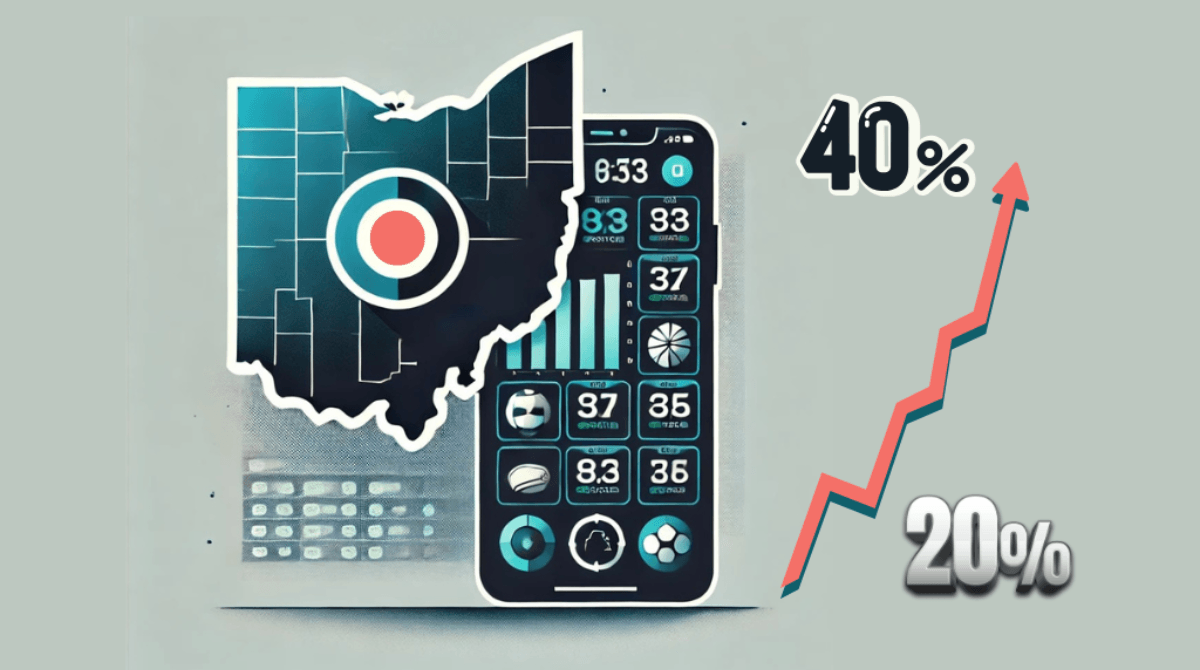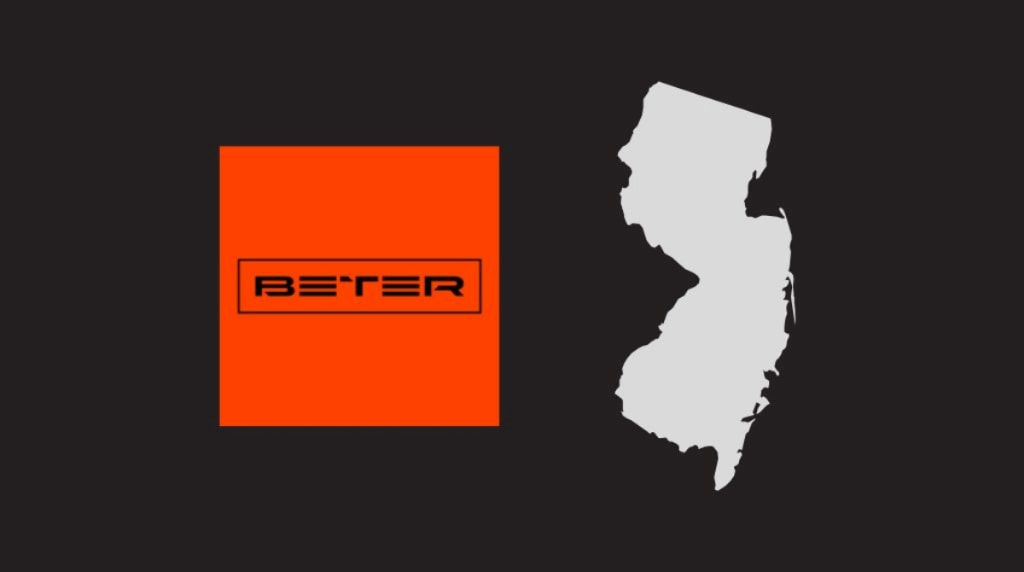Ohio Governor DeWine Wants Tax Rate on Sportsbooks to Double
Faced with budgetary concerns, Governor Mike DeWine has called for a tax hike on sports betting operators.

OH Governor wants taxes raised on sportsbooks.
Key Facts:
- Gov. DeWine of Ohio asks for tax rate to be increased from 20% to 40% on sportsbooks like FanDuel and BetMGM
- Tax increase would provide added revenue for funding youth sports in Ohio
- Increased tax rate could also subsidize future professional sports venues, such as a stadium for the Cleveland Browns
A new budget from the desk of Gov. Mike DeWine calls for the tax rate on revenue from sports betting operators to double, from 20 to 40 percent.
This comes as the state faces a crisis for funds of programs the Governor and other lawmakers are in support of.
A boost in the tax rate on adjusted gross revenue from sports betting operators would be the second time Ohio has raised that number. In 2023, the state raised the tax rate from 10 to 20 percent.
If Ohio achieves a 40% rate, it would one of the highest tax rates on sportsbooks in the country. Currently, 39 states and the District of Columbia have some form of legal sports betting. Ohio launched its sports betting market in 2021.
DeWine has expressed his concerns over the reach that sportsbooks have in the state.
“These sports gaming [groups] are extremely aggressive… They’re in your face all the time,” DeWine told the Ohio Capital Journal recently. “They’re getting Ohioans to lose massive amounts of money every year, and it seems to me only just and fair that some of the stadiums be paid for by them or a portion of it.”
The state hopes that additional funds sent to Columbus from the gross gaming revenue of companies like DraftKings, FanDuel, and other licensed sportsbooks, would help pay for youth sports programs. Ohio had more than 300,000 high schoolers participate in athletics in the 2023-24 school year, according to a study by the state.
A second aim of increased taxes on sports betting is a desire to secure money to help pay for potential future sporting arenas. The Cleveland Browns of the NFL have expressed a need for a new stadium, and have used the issue to threaten an exit from the state.
Unwanted Effects Can Occur
A dramatic rise in operating expenses in the form of taxes could place a strain on sports betting companies in Ohio.
In other states where tax rates have been raised above 20-25%, some operators have chosen to spend less on advertising or bonus offers. That’s what happened in New York when it announced a rate of 51%.
If DeWine is successful in getting lawmakers in Ohio to raise the tax rate on sports betting operators in the Buckeye State, it will be the third time his administration has changed the rules on sportsbooks. In 2023 the tax rate was doubled from 10 to 20%.
Also that same year, the state implemented a ban on prop bets on college athletes. That came after the NCAA lobbied the state to remove such wagers, fearing the pressure college athletes could face from gamblers.




